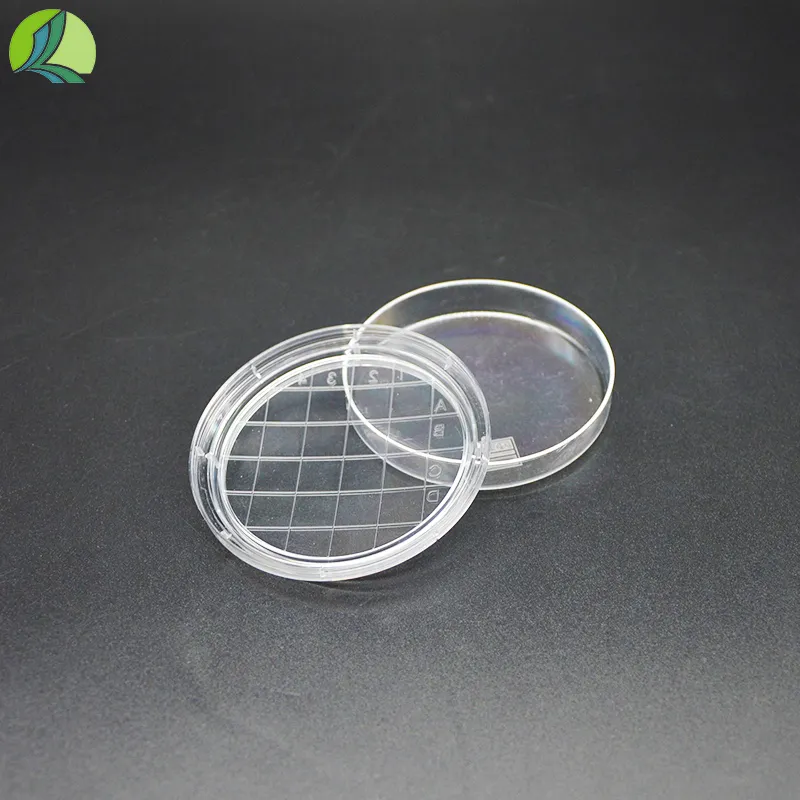Sample Collection Tube for Efficient Extraction and Analysis of Biological Materials
The Importance of Sample Extraction Tubes in Modern Scientific Research
In the world of scientific research, accuracy and efficiency in sample handling are paramount. Sample extraction tubes play a crucial role in this process, serving as an indispensable tool in fields such as biotechnology, forensics, environmental science, and clinical diagnostics. These tubes are specifically designed to facilitate the collection, storage, and transport of biological or chemical samples, ensuring that their integrity is preserved until analysis.
What Are Sample Extraction Tubes?
Sample extraction tubes are specialized containers that allow scientists to safely extract, store, and transport biological specimens, such as blood, saliva, urine, or tissue samples. Made from a variety of materials, including plastic, glass, and specialized polymers, these tubes often come with internal coatings or additives that help stabilize the samples and prevent contamination. Their designs vary depending on the intended purpose, with some tubes featuring integrated mechanisms for easier sample access and processing.
Types of Sample Extraction Tubes
There is a wide array of sample extraction tubes, each tailored for specific applications. For example, in clinical laboratories, there are tubes designed for blood collection, such as EDTA tubes for anticoagulation, serum separation tubes for biochemical analyses, and heparin tubes for certain hematological tests. Each type contains additives that either promote or inhibit chemical reactions, helping to preserve sample viability.
In environmental science, sample extraction tubes are used to collect soil, water, or air samples. These tubes are designed to be durable and prevent contamination from external sources, ensuring that the samples accurately represent the environment from which they were collected. The durability of these tubes is particularly important, as samples can be collected in remote locations and need to withstand various environmental conditions during transportation.
The Role of Sample Extraction Tubes in Research
sample extraction tube

The use of sample extraction tubes in research is multifaceted
. Firstly, the tubes minimize the risk of contamination, which is critical for obtaining reliable results. Contaminated samples can lead to misleading conclusions, adversely affecting studies in drug development, disease diagnosis, and environmental monitoring.Secondly, the design of sample extraction tubes aids in the automation of sample processing. Many modern laboratories are equipped with robotic systems that require consistent sample formats for efficient analysis. Custom-designed extraction tubes ensure compatibility with these systems, streamlining workflows and reducing the possibility of human error.
Furthermore, sample extraction tubes enhance sample tracking and documentation. Many of these tubes come with barcodes or RFID chips, allowing researchers to easily track samples throughout their lifecycle—from collection to analysis. This traceability is crucial for maintaining the integrity of research findings, particularly in studies involving numerous samples or complex datasets.
Innovations in Sample Extraction Tube Technology
Recent advancements in material science and engineering have led to the development of more sophisticated sample extraction tubes. Innovations include tubes that are pre-filled with stabilization agents or preservatives that extend the sample’s shelf life without altering its chemical properties. Additionally, some manufacturers are focusing on eco-friendly materials, reducing the environmental impact associated with single-use plastics.
Moreover, companies are increasingly producing tubes that cater to the necessities of personalized medicine. As tailored therapies become more prominent, sample extraction tubes designed for specific biomarker assays or genetic analyses are becoming pivotal in transforming research into clinical settings.
Conclusion
Sample extraction tubes are a vital component of contemporary scientific research and diagnostics. By ensuring the integrity, stability, and traceability of biological and chemical samples, these tubes play a crucial role in delivering accurate and reliable results. As the fields of biotechnology and environmental science continue to evolve, so too will the technology behind sample extraction tubes, further enhancing our ability to perform meaningful and impactful research. Consequently, investment in the development and innovation of these tubes is essential for the continual advancement of scientific exploration and discovery.
-
Aesthetic Makeup Spray Bottles | Fine Mist Empty RefillableNewsAug.19,2025
-
White Plastic Veterinary Vaccine Vials | Lab Liquid BottlesNewsAug.18,2025
-
Plastic Medicine Liquid Bottle: Secure Flip Top Drug VialsNewsAug.17,2025
-
Durable 250ml Blue Plastic Vaccine Vial for Lab & Vet UseNewsAug.16,2025
-
Sterile Virus Sample Tubes: Secure & Reliable Specimen CollectionNewsAug.15,2025
-
White 250ml Plastic Vaccine Vial for Lab & Vet MedicineNewsAug.14,2025
























